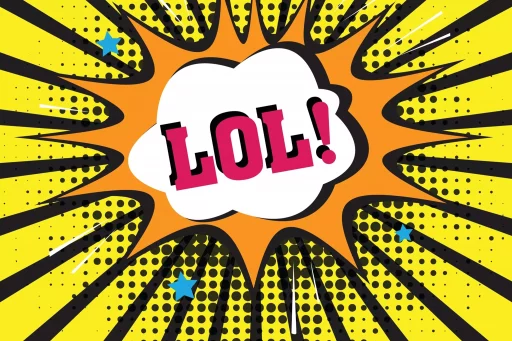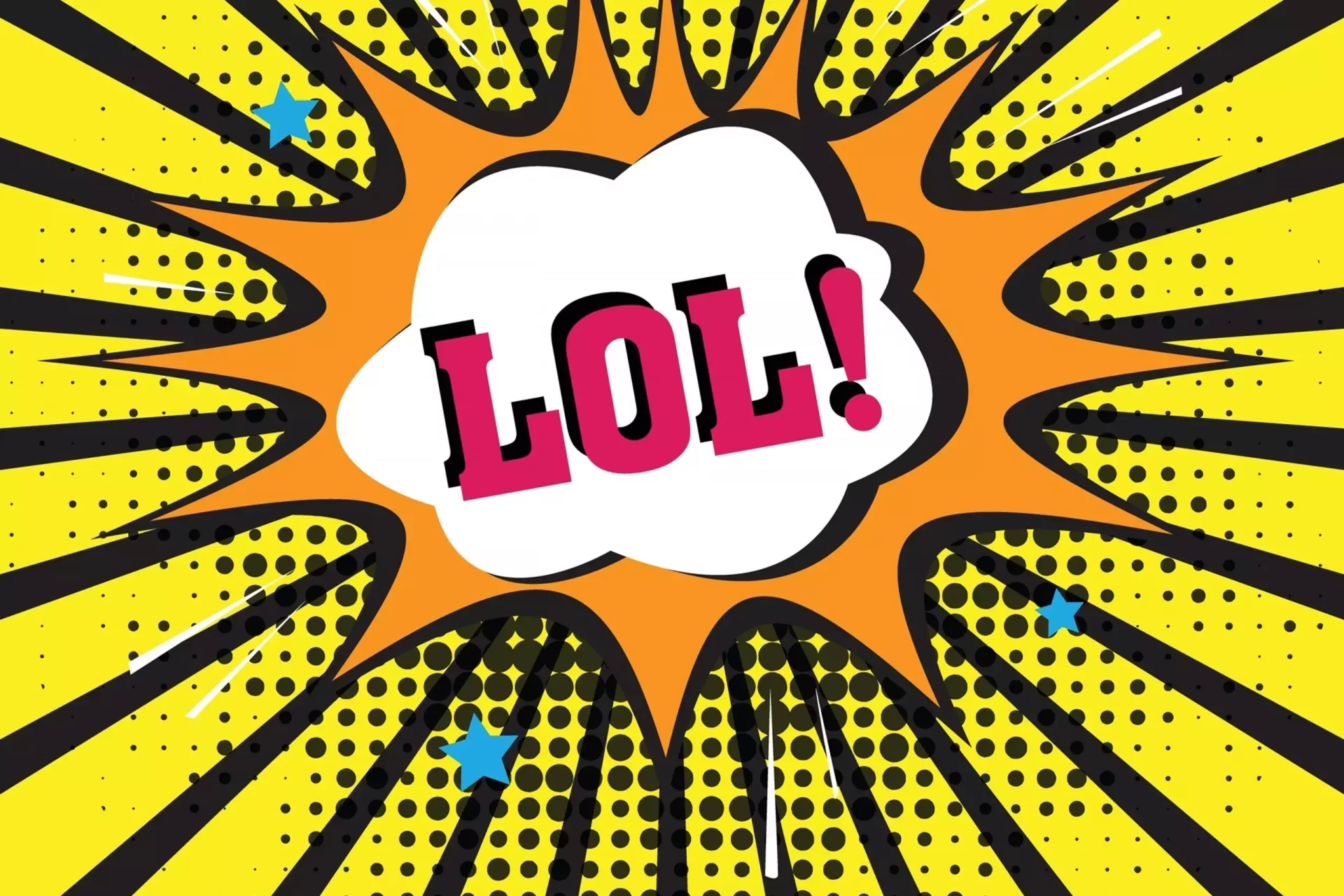What is a Dog Whistle?
A ‘dog whistle’ is a term that has evolved from its literal meaning as a high-frequency whistle used to train dogs, into a figurative phrase used in political and social discourse. It describes language that conveys a secondary, often politically charged meaning, which is intended for a specific audience while remaining ambiguous or innocuous to others.
The Origins of the Term
The idea of a dog whistle in communication emerged in the late 20th century, particularly within political dialogue. The term gained traction as politicians began to use coded language that would resonate with certain voter bases while avoiding backlash from the wider public. For instance, phrases that suggest racial or socioeconomic biases can be effective without being overtly discriminatory.
Examples of Dog Whistles
Dog whistles can take various forms across different contexts. Here are some common examples:
- ‘Welfare Queens’: This term can invoke negative stereotypes about African Americans, while appearing neutral to those not familiar with the context.
- ‘Law and Order’: Often, this phrase appeals to voters’ fears of crime while simultaneously hinting at a racially charged agenda.
- ‘Patriotic Education’: While seemingly innocent, this can imply an exclusionary view of history that dismisses minority perspectives.
Understanding Dog Whistles Through Case Studies
Examining historical political speeches can offer insight into how dog whistles operate:
- Ronald Reagan’s 1980 Campaign: Reagan famously spoke about “states’ rights” during his campaign kickoff in Mississippi, a phrase that resonated with segregationists reflecting back on the civil rights era while sounding benign to others.
- Donald Trump’s 2016 Campaign: Trump’s use of phrases like “Make America Great Again” appealed to voters nostalgic for a time perceived as better, often tapping into racial and economic tensions without explicit acknowledgment.
The Impact of Dog Whistles on Society
Dog whistles can have real implications on both public attitudes and policies. Some statistics reveal the effects of such communication strategies:
- According to a 2019 study by the Brookings Institution, political polarization in the U.S. has grown, with over 50% of Americans believing that their opposing party poses a threat to the nation’s well-being.
- A Pew Research study in 2020 found that 84% of Americans identified as highly concerned about division and hate speech, largely incited by coded language.
Why Dog Whistles Matter
Understanding dog whistles is crucial for several reasons:
- Informed Dialogue: Recognizing coded language leads to more informed public discussions, enabling citizens to critically analyze political rhetoric.
- Awareness of Manipulation: Awareness of dog whistles aids in identifying manipulative tactics used by political actors that can perpetuate division and prejudice.
- Encouragement of Accountability: Highlighting the usage of dog whistles necessitates accountability from public figures, compelling them to speak transparently to their constituents.
Combatting Dog Whistles
Education and awareness about the implications of dog whistles can mitigate their impact. Here are some strategies to address the problem:
- Education and Literacy: Promoting media literacy can help people recognize and decode dog whistles in political communication.
- Promoting Open Conversations: Fostering environments for open conversations around race, class, and inequality can help dilute the effects of coded language.
- Encouraging Responsible Speech: Urging politicians and leaders to adopt inclusive language can reduce the reliance on dog whistles.
Conclusion
Dog whistles are more than just clever phrases; they represent a complex interplay of language and society that can deepen divisions. By understanding and recognizing these nuances in communication, individuals can work towards creating a more equitable discourse that is accessible and inclusive. It’s essential to break down these barriers and foster understanding through informed dialogue and collective accountability.


